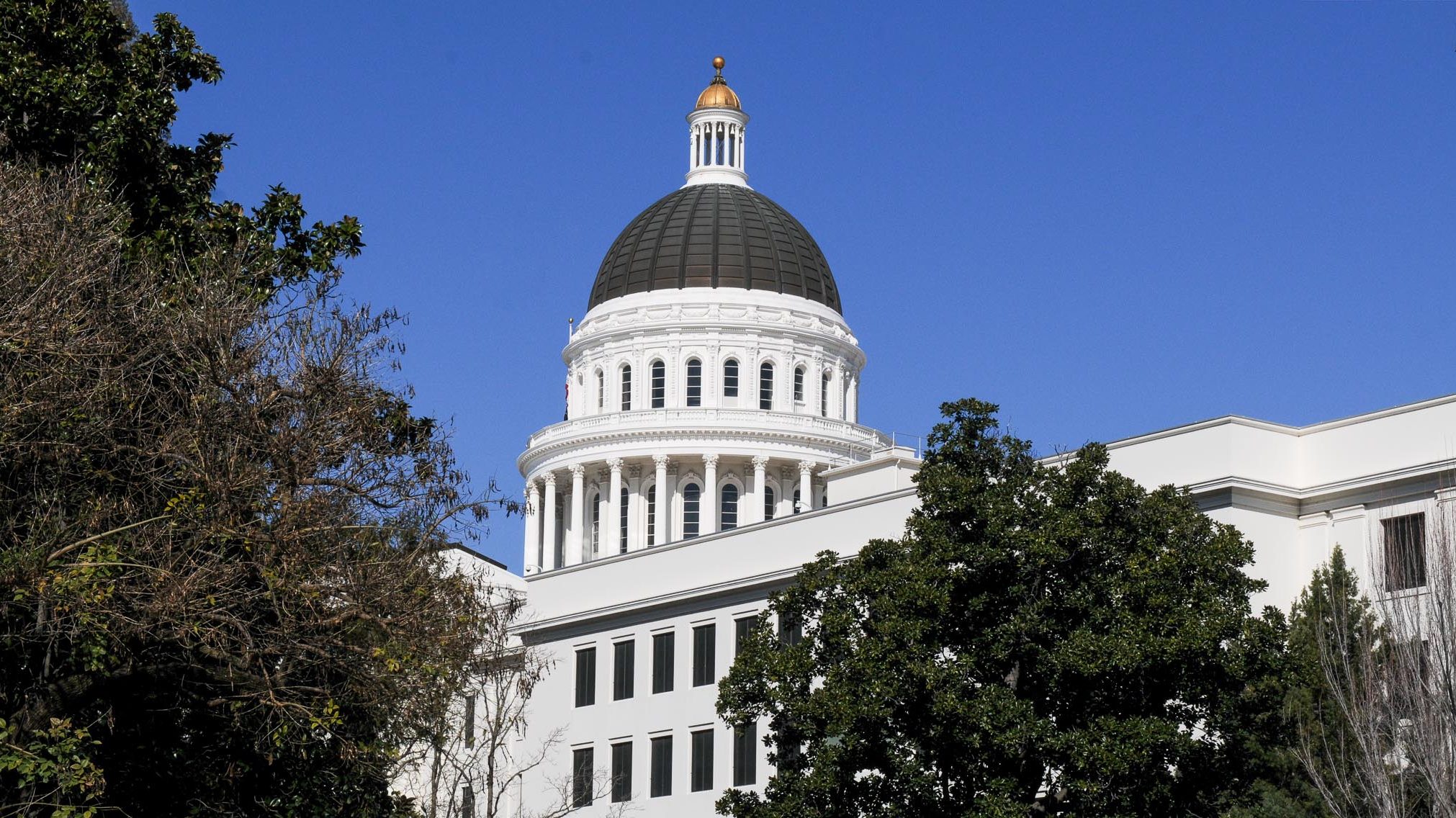
California Assembly. (Photo: Katy Grimes for California Globe)
New Legislative Ballot Measure Contains Intriguing Provisions
SB 1381 is an alternative ballot measure backed by Governor Newsom and legislative leaders ‘to crack down on property crime and fentanyl’
By Chris Micheli, July 1, 2024 5:04 pm
In the evening of Sunday, June 30, Senate Bill 1381 was gutted-and-amended to contain a proposed ballot measure by the Legislature for the November 5 General Election. The amendments were adopted on July 1 and substitute new authors for the bill.
SB 1381 would amend Government Code Section 7599.2, amend Health & Safety Code Section 11352, add H&S Code Section 11369, amend Penal Code Section 487, and add Penal Code Sections 490.3 and 666.1. The bill also calls for an election, so it would take effect immediately upon enactment. SB 1381 requires a majority vote, according to the Digest Key.
The purpose of SB 1381 is to provide an alternative ballot measure for the voters to consider. It is backed by Governor Newsom and legislative leaders “to crack down on property crime and fentanyl.” The measure contains five findings and declarations to be made by the Legislature and the People in Section 1 of the bill.
This bill also includes the following four intriguing “plus” sections at the end of the bill:
Section 8 of the bill contains a severability clause. This means that, if any provision of SB 1381 is held by a court to be invalid or unconstitutional, then the other provisions are not affected and “remain in full force and effect.” There is debate among legal and legislative drafting circles whether severability clauses are necessary because there is a judicial presumption that remaining valid provisions will stay in effect. While some might argue a severability clause is duplicative, such a clause is often used in contentious legislation that may face a legal challenge.
Section 9(a) of the bill provides that any other ballot measure on “the same subject,” which includes amendments to Prop. 47, on the November General Election ballot will be “deemed to be in conflict with this measure.” As a result, if SB 1381 gets more affirmative voters by the electorate, then it goes into full effect and any conflicting ballot measure “shall be null and void.” This is standard language, most often found in initiatives, to ensure that only one approved ballot measure takes effect, rather than have a potential patch-work of provisions among approved measures. The state Constitution requires the measure with the most affirmative votes to take effect.
Section 9(b) of the bill specifies that, if SB 1381 and a conflicting measure on the November General Election ballot are both approved by the voters, and the conflicting ballot measure is later invalidated by the courts, then SB 1381 is to be “given full force and effect.” This appears to be unique because it would have the effect of having SB 1381 spring to life if the courts invalid a conflicting measure.
Section 10(a) of the bill states that certain sections of SB 1381 amend Prop 47 from the 2014 ballot and must be submitted to the voters and approved by them at a statewide election. This provision is necessary because Prop. 47 changes proposed by SB 1381 must be submitted to the voters.
Section 10(b) calls a special election for November 5, 2024 for voter approval of SB 1381, and specifies that SB 1381 will become effective when submitted to the voters and approved by them at the November 5 election. This special election is to be consolidated with the general election held on the same date. Finally, this provision says that the “consolidated election shall be held and conducted in all respects as if there were only one election, and only one form of ballot shall be used.” The Legislature, under Article IV of the state Constitution, may “call an election” by enacting a statute to do so. To reduce possible voter confusion and save taxpayer funds, it would be appropriate to consolidate the special election with the General Election one.
Section 10(c) states that, despite requirements of Elections Code Section 9040, 9043, 9044, 9061, 9062, and 9094, the Secretary of State is required to submit SB 1381 for voters’ approval at the November 5, 2024 General Election. These provisions of state law deal with measures being placed on the statewide ballot within designated time periods. Because SB 1381 is outside this time period, these sections of state law must be “waived” along with direction to the Secretary of State for her to place this measure on the statewide ballot.
Section 11 of the bill states that this “act calls an election within the meaning of Article IV of the California Constitution and shall go into immediate effect.” Section 8(c)(3) of the Article IV states: “Statutes calling elections, statutes providing for tax levies or appropriations for the usual current expenses of the State, and urgency statutes shall go into effect immediately upon their enactment.” Among the several provisions of SB 1381 is calling a special election for the statewide electorate to consider this bill’s adoption by the voters.
- Designating ‘Spot’ Bills in the California Legislature - March 2, 2026
- Regulatory Powers of the Fish and Game Commission - March 2, 2026
- Committee Versus Floor Lobbying - March 1, 2026




